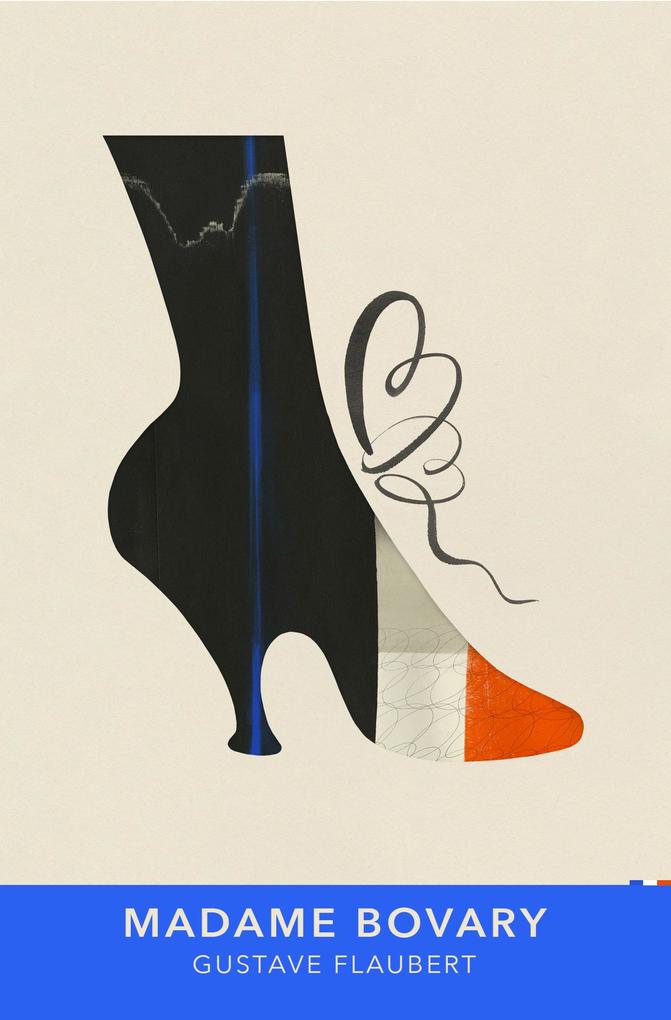
Zustellung: Fr, 06.12. - Di, 10.12.
Sofort lieferbar
VersandkostenfreiBestellen & in Filiale abholen:
Madame Bovary is one of the greatest, most beguiling novels ever written.
Emma Bovary is an avid reader of sentimental novels; brought up on a Normandy farm and convent-educated, she longs for romance. At first, Emma pins her hopes on marriage, but life with her well-meaning husband in the provinces leaves her bored and dissatisfied. She seeks escape through extravagant spending sprees and, eventually, adultery. As Emma pursues her impossible reverie she seals her own ruin.
'A great novel that is also an inexhaustible pleasure to read' Guardian
A NEW TRANSLATION BY ADAM THORPE
VINTAGE FRENCH CLASSICS - six masterpieces of French fiction in collectable editions.
Produktdetails
Erscheinungsdatum
06. Juli 2023
Sprache
englisch
Seitenanzahl
XXIX
Reihe
Vintage Classics
Autor/Autorin
Gustave Flaubert
Übersetzung
Adam Thorpe
Weitere Beteiligte
Adam Thorpe
Verlag/Hersteller
Originalsprache
französisch
Produktart
kartoniert
Gewicht
306 g
Größe (L/B/H)
197/132/32 mm
Sonstiges
B-format paperback
ISBN
9781784878450
Entdecken Sie mehr
Pressestimmen
A work of brilliance Daily Mail
Bewertungen
0 Bewertungen
Es wurden noch keine Bewertungen abgegeben. Schreiben Sie die erste Bewertung zu "Madame Bovary" und helfen Sie damit anderen bei der Kaufentscheidung.









